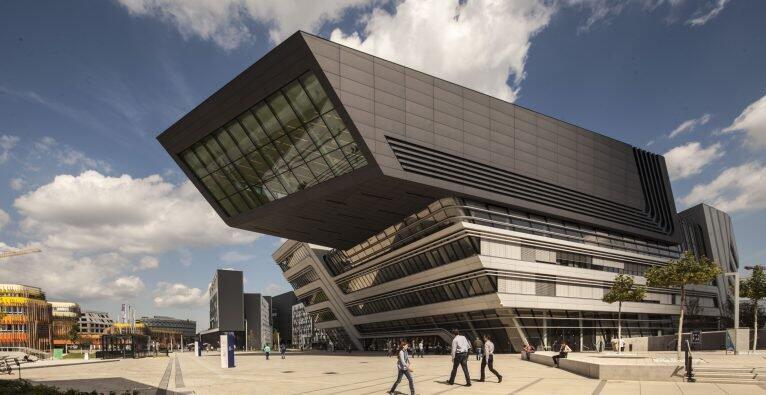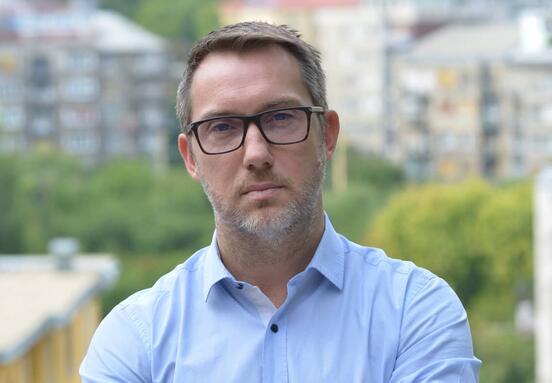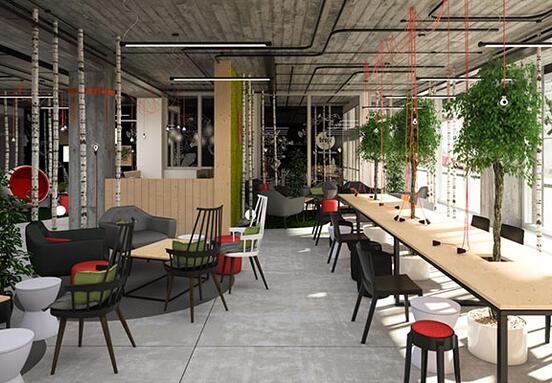The federal government recently announced the funding of three new COMET-K1 centers. As a result of the funding, the "ABC - Austrian Blockchain Center" can now be established. The aim of the COMET program is to promote cooperation between industry and science, to increase Austrian competitiveness and to develop solutions for future issues. The total financial volume of the three new COMET centers is around 54 million euros. The Federal Ministry of Transport, Innovation and Technology (BMVIT) and the Federal Ministry for Digitization and Business Location (BMDW) are making 17 million euros available. Nine million euros come from the participating federal states, three million from the scientific partners. The remaining 25 million will be contributed by the business partners of the new K1 centers.
20 million euros for the Austrian Blockchain Center
The Austrian Blockchain Center can look forward to a total funding of 20 million euros, as Prof. Alfred Taudes revealed in an interview. He is a professor at WU Vienna and focuses on crypto-economics, industry 4.0 and big data. Taudes has been in the FFG environment for a long time and is already involved in a COMET center for Industry 4.0, "and how it is in Vienna: You're sitting in a coffee shop and thinking, 'why not make a COMET center a blockchain?' ? '"Now he will be the scientific director of the new center.
Among the first projects: Customer Identification
The research topics of the center are divided into five areas: "Cryptography, Technology & Security", "Cryptoeconomic Modeling & Blockchain Applications for Business", "Emerging Industries & Blockchains in Manufacturing", "Data Science Methods for Blockchain Analytics & Predictions" and " Legal and Political Implications ". The application-based work should be started quickly: "The companies are already impatient. One of the first projects we will work on is Customer Identification. Checking the identity has so far been a very time-consuming and error-prone process. "Here, the blockchain can contribute to significant improvement, according to Taudes.
Tax Collection Procedure with Blockchain?
In addition, the Austrian Blockchain Center will deal with exciting topics such as accounting and auditing of companies, the fraud-resistant tax collection process or the machine-to-machine communication in Industry 4.0 in connection with the blockchain. In addition to the "ABC - Austrian Blockchain Center", grants were also granted for the centers "CHASE - Chemical Systems Engineering" (JKU Linz) and "VASCage-C - Center for Promoting Vascular Health in the Aging Community" (Innsbruck Medical University).
"Enable risky research projects"
Henrietta Egerth and Klaus Pseiner are the managing directors of FFG. They explain: "The COMET program is about making high-risk research possible. Thus, scientific competence and technological know-how in Austria are bundled at a high level and the direct transfer of new knowledge into new marketable products and services is accelerated. "At least one scientific partner and at least five company partners have to participate in a COMET center (K1) , On the part of the public sector, the funding amounts to a maximum of 2.55 million euros per year and a maximum of 55 percent of the total volume. 40 percent contribute to the business partners and the rest to the scientific partners.
About the COMET program
The COMET program has been around for ten years already and has been very successful ever since. Since 2008, the 2,300 people employed or 1,700 researchers have published more than 17,000 publications and conducted around 2,400 dissertations and 2800 master theses. Approximately 900 patents and licenses go back to the COMET program. 1300 companies and 580 scientific institutions are involved in the current research projects of the COMET Centers. The federal government has already invested 691 million euros in the program. COMET is funded by the Federal Ministry of Transport, Innovation and Technology, by the Federal Ministry for Digitization and Business Location, by the federal states involved and the partners from industry and science. Coordination and processing is carried out by the Austrian Research Promotion Agency FFG.
(Source: derbrutkasten.com, Dennis Reppnack)





